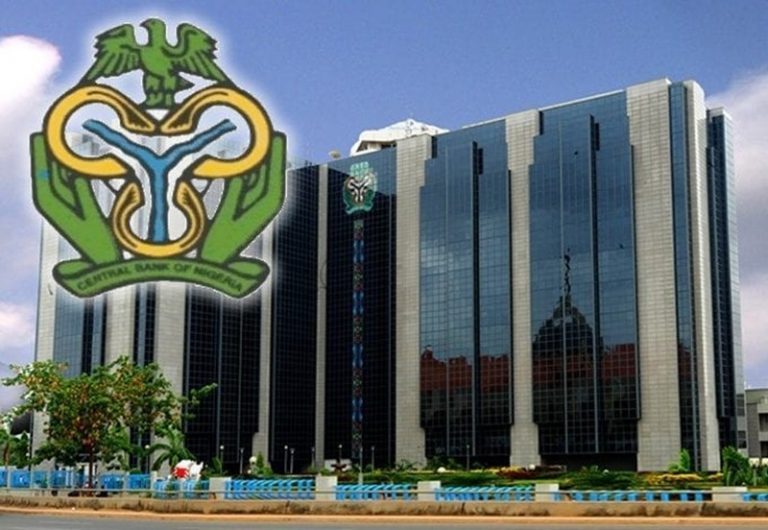
The Central Bank of Nigeria (CBN) has raised the alarm that sustained increases in production costs across key sectors could soon drive a fresh wave of consumer inflation.
This warning is contained in the apex bank’s June 2025 Purchasing Managers’ Index (PMI) report, which provides critical insights into business conditions across the country.
The report reveals a widening gap between input prices and output prices, particularly within the Industry, Services, and Agriculture sectors. The CBN noted that firms are still holding back from fully passing on rising costs to consumers—an approach it says is becoming increasingly unsustainable.
Register for Tekedia Mini-MBA edition 19 (Feb 9 – May 2, 2026).
Register for Tekedia AI in Business Masterclass.
Join Tekedia Capital Syndicate and co-invest in great global startups.
Register for Tekedia AI Lab.
“The increase in the gap between higher input costs and output price tends to put pressure on business profit margins. Cost absorption by firms is likely to be unsustainable in the long term and may foreshadow future consumer price inflation,” the CBN stated.
Agriculture is Most Exposed to Cost Pressures
According to the report, the Agriculture sector recorded the largest gap between input and output prices in June—9.8 index points—suggesting that agribusinesses are absorbing significantly more cost pressure than they can pass on. This is concerning in a country where food accounts for the bulk of household expenditure and has consistently driven headline inflation.
By comparison, the Services sector recorded a gap of 4.4 index points, the lowest among the three major segments, indicating relatively milder pressure. The Industry sector also reported cost imbalances, though not as steep as in agriculture.
The implication is weighty that unless these trends reverse, businesses—particularly those in agriculture—will be left with no option but to raise prices, which could exacerbate Nigeria’s fragile inflation environment.
Growth Persists, but Risks Lurk Beneath
Despite cost concerns, the report showed a continued expansion in economic activity, with the composite PMI rising to 52.3 index points in June 2025. This marks the sixth consecutive month of overall growth, suggesting that firms are still experiencing an uptick in output and demand.
Across the sectors:
- Industry recorded a PMI of 51.4 index points, driven largely by rising production levels. Out of the 17 industrial subsectors surveyed, 9 showed expansion.
- Services followed closely with a PMI of 51.3, backed by increased business engagements across 11 of its 14 subsectors.
- Agriculture, however, led the pack with a robust PMI of 55.2, also notching its eleventh straight month of expansion. All five agricultural subsectors surveyed recorded growth, largely due to intensified farming activity during the planting season.
- In total, 25 out of 36 subsectors recorded expansion during the month, further indicating that economic momentum is widespread.
Mounting Inflation Risks Amid Fragile Recovery
The CBN’s concern comes at a time when the government and monetary authorities have been grappling with persistent inflation, high borrowing costs, and currency volatility. Although inflation slowed marginally in recent months, the apex bank warns that a new round of price increases could be imminent if firms begin to offload accumulated cost pressures onto consumers.
With agriculture under the most strain—and food inflation already one of Nigeria’s most stubborn economic problems—any upward price adjustments in the sector could ripple across the economy.
Analysts say the warning from the CBN underscores the delicate balance between sustaining economic recovery and managing inflation, especially as the central bank continues to tighten monetary policy to tame price growth. However, supply-side challenges such as high logistics costs, forex instability, and insecurity in farming regions continue to erode production gains.
The June PMI report may thus signal a critical inflection point, where businesses must choose between eroding their margins or risking consumer backlash by raising prices—each scenario with far-reaching implications for Nigeria’s economic outlook.



